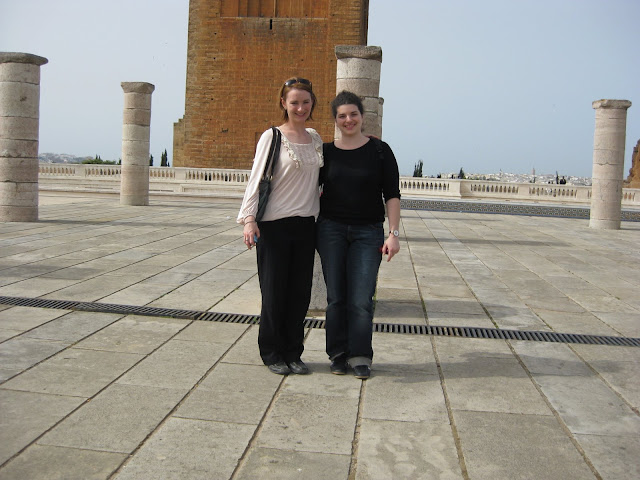 Everyone likes to be part of a winning team. Recent days have been very good to me in that respect. First, at the request of the new director of ESI, my name has been included on the Web page of teachers (the "corps enseignant" page; I'm at the bottom). I'm very pleased.
Everyone likes to be part of a winning team. Recent days have been very good to me in that respect. First, at the request of the new director of ESI, my name has been included on the Web page of teachers (the "corps enseignant" page; I'm at the bottom). I'm very pleased.One of my students in the second year even found my name and sent me an email at my new official ESI email account. She then proceeded to visit me at my office yesterday, and we had a delightful converstation.
 Another student also found me recently, to ask that I be one of the readers for her masters thesis. I am, of course, honored to do it and was surprised to see that it's not at all a thin document. It's amusing to be on a committee for a masters student thesis when I myself have never defended a masters thesis -- and my own Rutgers dissertation is still very much a work in progress.
Another student also found me recently, to ask that I be one of the readers for her masters thesis. I am, of course, honored to do it and was surprised to see that it's not at all a thin document. It's amusing to be on a committee for a masters student thesis when I myself have never defended a masters thesis -- and my own Rutgers dissertation is still very much a work in progress.Further, Rutgers's MLIS program has been declared sixth in the nation in 2009, and although I've had nothing to do with the successes that have come this year, I'm still pleased to be able to claim the same academic "home" and am delighted to have taught in their program in the past.
Tomorrow is the European and Moroccan version of Labor Day -- a day off being a fitting way to celebrate new successes in LIS education, after all.







